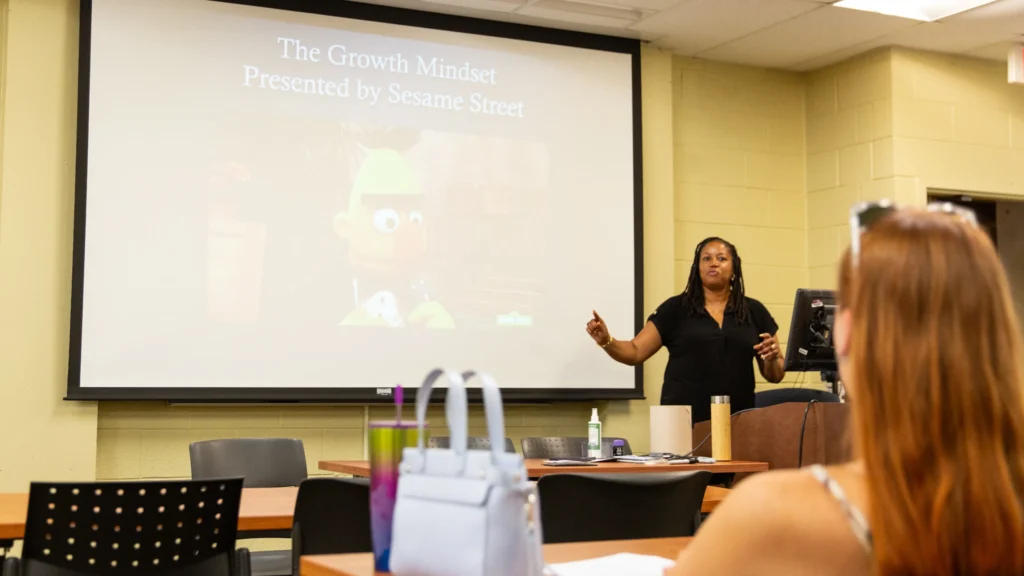Overview
- Degree Level
- Graduate
- Degrees Offered
- Certificates
- Department
- Psychology Department
- school/college
- College of Arts and Sciences

Arcadia’s Graduate Program in Counseling prepares highly qualified counselors to work with a range of communities across various settings, such as community agencies, private practices, hospitals, college counseling centers, and primary and secondary schools. A graduate certificate in Trauma is available to practicing clinicians who already have a Master’s degree and wish to further their knowledge and skills in this specialty area.
The Trauma Certificate is one of three advanced educational options for practicing counselors who already have a Master’s degree and related mental health providers looking to further their knowledge and skills and career opportunities. This graduate certificate addresses the need for counselors to assist clients who have been impacted by traumatic experiences both locally and internationally. Specifically, training focuses on short-term interventions and long-term care with an emphasis on evidence-based treatments of trauma, strategies for treating grief and bereavement, as well as advocacy and social justice.
Required Course
Explore an overview of evidence-based treatments for victims of a variety of trauma-related events. Through demonstrations, role-plays, discussions, experiential activities, and readings, you will gain foundational skills in trauma assessment and treatment with an emphasis on cultural competence.
Required Course
Use ecological and emancipatory frameworks to guide your understanding of the prevalence of trauma and the development, conceptualization, and treatment of trauma-related symptoms. Learn topics such as disaster counseling, intimate partner and community violence, historical trauma, and refugee mental health. Students learn skills in both treatment and prevention.
Elective Courses
In this introductory course in grief counseling, you will learn basic terminology, theory and concepts about grief and loss, as well as theoretical and practical techniques and interventions relevant to specific types of losses.

This website uses cookies so that we can provide you with the best user experience possible. Cookie information is stored in your browser and performs functions such as recognizing you when you return to our website and helping our team to understand which sections of the website you find most interesting and useful.
Strictly Necessary Cookie should be enabled at all times so that we can save your preferences for cookie settings.
If you disable this cookie, we will not be able to save your preferences. This means that every time you visit this website you will need to enable or disable cookies again.